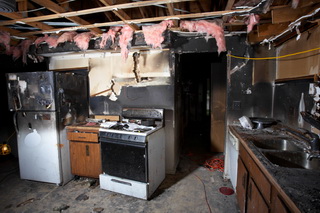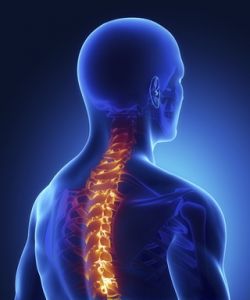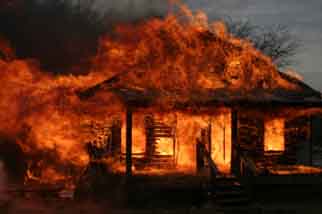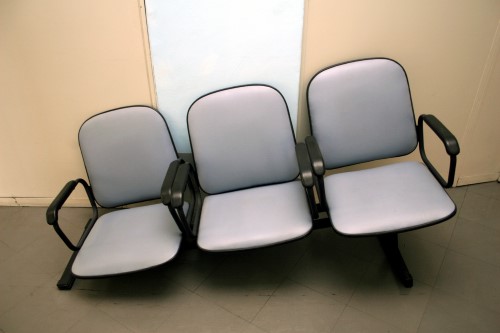You’ve just received a new claim or case. You’re fairly certain you’re going to need an engineer to investigate the incident and act as an expert witness, but you’re not sure what type of engineer you’re going to need. This happens more often than one might think. Often times your needs are obvious. A chair collapsed. You need a mechanical engineer to examine the chair and determine why it collapsed. But, often the lines between engineering disciplines are blurred somewhat and an incident may initially point towards multiple disciplines.
One example of blurred lines between engineering disciplines is the line between Mechanical Engineering and Electrical Engineering. For example, an electrical appliance causes a fire that does thousands or tens of thousands of dollars of damage. Obviously you need an Electrical Engineer to look at the appliance. Not necessarily. Most electrical appliances, (washers, dryers, toasters, etc.) use predominantly mechanical switches (knobs, buttons and toggles) so there’s a good chance you would want a Mechanical Engineer to investigate the incident and act as an expert witness.
A Premises Liability claim/case is an example of when an incident can initially point towards multiple disciplines. A Slip & Fall or Trip & Fall may have occurred because the building was designed or constructed incorrectly or because it was not up to building code standards. If this is the case, than a Civil Engineer might be best suited to assist you. However, instead of building codes, the incident may hinge around whether or not a surface was slippery or the placement and texture of a mat. In this scenario, instead of a Civil Engineer, you may want a Mechanical Engineer, qualified in slip resistance testing, to investigate the accident and opine on his findings. Finally, the case may revolve not around building codes or coefficients of friction, but rather if the injuries that were claimed to have been sustained in the accident could actually been caused by fall. This is when a Biomechanical Engineer would be needed as your expert.
But, how do you know at the outset what kind of engineer you’ll require? Often the best way to determine the type of engineer you’ll need to assist you is to speak to a CED Case Manager. CED Case Managers are able to use the CED software to describe the similar types of cases that CED engineers have performed and what disciplines have typically been assigned to such a case. Once the manager understands your needs and requirements, they will then place the client in touch with an experienced engineer so that the engineer can explain their qualifications as an expert or they may recommend another engineer with a narrowing focus on your claim/loss to supplement or be the expert of record. For example, if you have a construction defect case, the CED Case Manager may put you in touch with a Civil Engineer. The Civil Engineer may say, “I’ve performed investigations on many similar cases but there is a structural element of this case for which I will need to include one of CED’s structural engineers.” The ability to use a sophisticated software system to find the right initial engineer for your case to qualify as an expert and the ability to have engineers with different discipline within CED company has allowed CED to give our clients the best structure opinion and investigation to withstand some of our toughest critics.
To find out more on how an engineering expert can help, please call us today at 800.780.4221 or visit us online at www.cedtechnologies.com.






